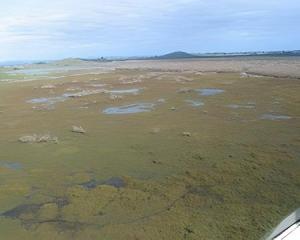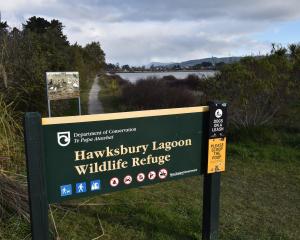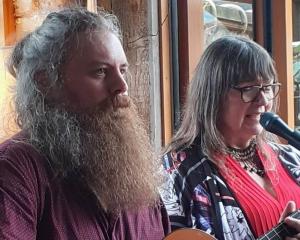
Dunedin-based Dr Karyn Maclennan, in the University’s Department of Preventive and Social Medicine, and Wellington colleagues Associate Professor Andrew Waa and Lani Teddy were recently awarded Health Research Foundation funding of $1,199,950 for the 36-month study.
Dunedin-based senior lecturer Dr Robin Quiggs and Wellington-based Dr Makayla Peti are also part of the research team.
Dr Maclennan said the study, entitled Te Hao Hou: Rangatahi Māori experiences and perceptions of smoking and vaping, was inspired by the rising concern about burgeoning vaping rates among rangatahi, in particular rangatahi Māori.
"In response to declining use of smoked tobacco products, tobacco companies have pivoted, diversifying their nicotine products to include vapes and, more recently, oral nicotine products [such as nicotine pouches]," she said.
Vapes were initially sold as smoking cessation tools, but were then "widely and aggressively" marketed to young people, many of whom did not smoke, as lifestyle accessories.
"New Zealand now has one of the highest rates of youth vaping in the world," Dr Maclennan said.
Recent statistics from the NZ Health Survey 2022/23 showed that 15% of young people aged 15-17 years vaped daily, and 25% of 18-24 year olds vaped daily.
The 2023 Action on Smoking and Health (Ash) year 10 Snapshot survey, of 20,000-30,000 students, showed 10% of 14- to 15-year-olds vaped daily, and this rate was doubled for rangatahi Māori, and almost tripled for Māori girls.
"Importantly, these surveys showed that many of the young people who now vape daily had never smoked .
"So, vaping is recruiting new nicotine users and these highly addictive products are being deliberately targeted towards them.
"Vaping among young people is not a problem they have created, but is something they are having to deal with."
And now there was the growing issue of nicotine pouches, which had cool-looking packaging and could be placed on the upper gum — creating still more problems.

"We know from surveys done by Aspire Aotearoa that young people themselves are raising concerns about the effect that vaping is having on them, which can include respiratory health, fitness and oral health."
Rangatahi also spoke of nicotine cravings dominating their thoughts at school, as well as having negative impacts on their mental health and their financial and social wellbeing.
They also spoke of being "nic-sick" from having too much nicotine — leading to nausea, vomiting, headaches, dizziness and rapid heartbeat.
"In our study we are also interested in how young people get started on vaping as well, because the fact that their brains are still developing makes them more vulnerable to addition," she said.
The three-year research project would apply "mixed methods", including repeated surveys of form-year cohorts of secondary school students and detailed interviews, Dr Maclennan said.
"We are now engaging with school communities, and are looking to partner with up to 20 schools around New Zealand," she said.
"Our aim is to focus on the voices and experiences of secondary-aged young people.
"It is really vital that we lift their views and give them space to take the lead."
The researchers also planned to create an online platform to encourage young people to come together and discuss their concerns.
"We are keen to provide lots of different pathways for information to help us understand what is happening out there for young people."
The researchers would also support rangatahi to create resources and to share their findings in the ways of their choosing, such in their schools or marae.














